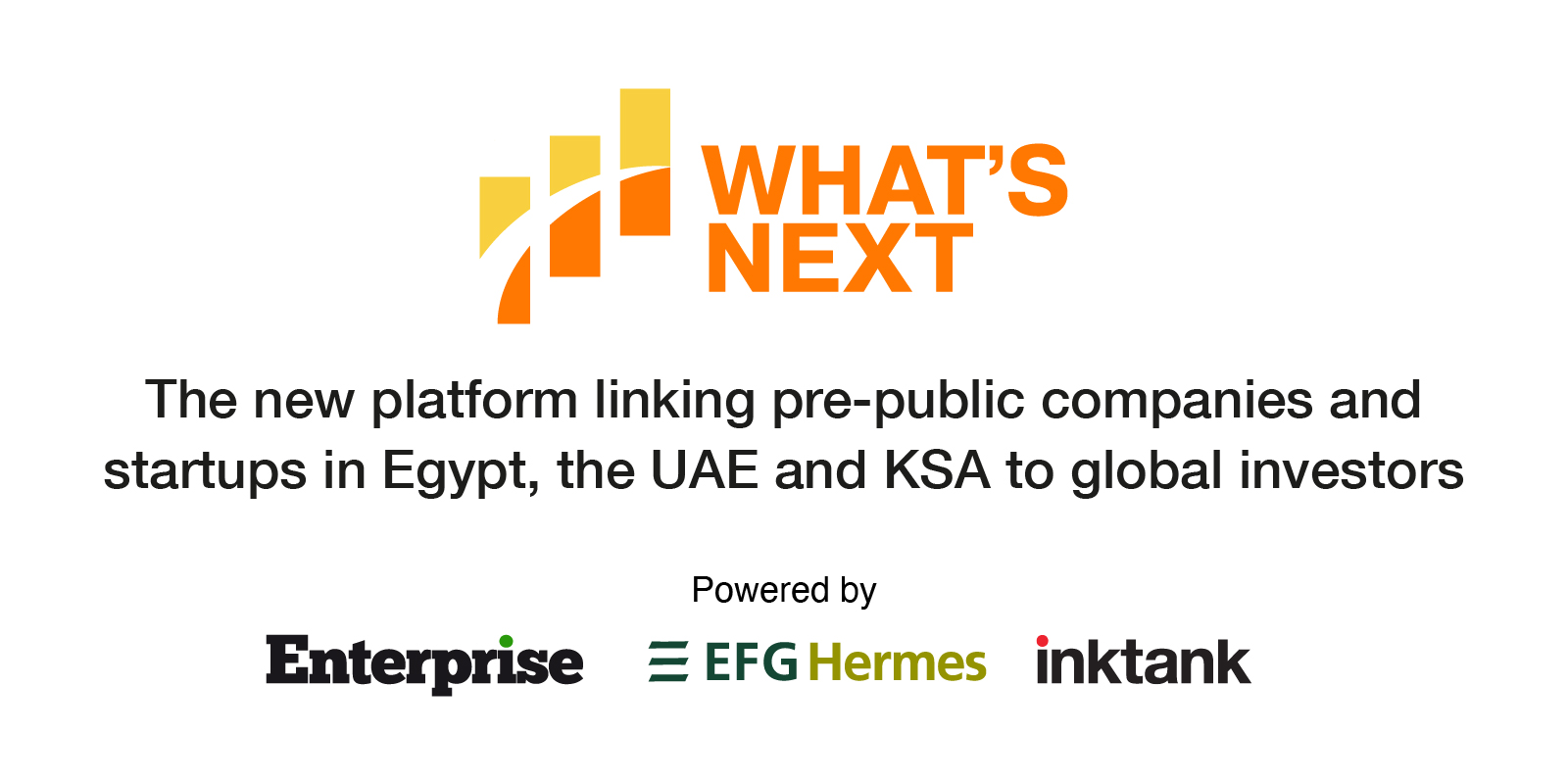Enterprise sits down with Biola Alabi, CASF’s African venture partner: Rarely — if ever — do we hear of local VCs choosing partners from Africa. But recently, there has been a developing shift of focusing on startup investments in Africa as a whole. One of the investment outfits actively looking towards Africa is the Cairo Angels Syndicate Fund (CASF).
A micro VC fund, CASF plans to invest tickets of USD 100-250k in 20 startups in the Middle East and Africa over two and a half years. The USD 5 mn fund already invested in three African startups from Kenya, Nigeria, and Mauritius this year — and recently, they had angel investor Biola Alabi join CASF as a venture partner.
Snapshot about Alabi: CEO of Biola Alabi Media (BAM), a production company specialized in Nigerian TV series and movies, Alabi has previously served as managing director of M-Net Africa. An angel investor and advisor to African tech and media startups, Alabi is non-executive director of Unilever Nigeria, sits on the board at Monty Mobile, and serves as chairwoman of Big Cabal Media.
We spoke to Alabi about Africa’s StartupLand, collaboration between African VCs, access to capital on the continent, and the global VC funding squeeze. Edited excerpts from our conversation:
Egypt is a leader in Africa when it comes to building startups and unicorns, Alabi tells us, and these are things that help us to tell the story of Africa. “This is my first time working in MENA and I believe that Egypt has great talent and a very strategic location between two regions, which makes it a strategic partner on the continent and in the region,” she adds.
From Cairo to Cape Town, Africa has very similar problems across the continent. These include providing comprehensive ins. and access to healthcare, agritech, and logistics, to name a few, Alabi says. It is a very young market, region, and continent.
And angels and micro-VCs are a very important part of the puzzle. You need those first believers, Alabi says. The follow-on funding will find its place if local investors and micro investors are present and investing in the ecosystem from day one.
And while currently, African VCs are collegial, there is a need for more fund managers from the continent to invest. Local capital understands the market and expanding our partnerships beyond local markets can help us improve what’s ahead of us on the continent, so we need to be strategic and collaborative. Angel investors are key to a healthy tech ecosystem and VCs are getting more local capital to be part of that ecosystem and getting more high net-worth individuals to support local funds.
Investing in tech companies is still quite new on the continent and so is long-term patient capital. Commodity, real estate, or security bonds are the most common kinds of investments in Africa, she explains. That is why early believers — or angel investors — are key to building a healthy tech ecosystem.
There is a huge chance for foreign capital to partner with local capital to build real, long-lasting solutions to Africa’s challenges. The more unicorns we produce, the more prosperity we create, Alabi says.
Africa has several small markets, which makes it easier for startups to scale and expand.
The more the startup ecosystems in different countries work together, the better startups can scale and expand across borders, Alabi believes. “We need to access each other's markets and expand our customer base,” she adds. It has also become much easier for startups to register, scale, and expand in Africa from the perspective of skills, regulatory frameworks and governance, Alabi says. However, valuations, currency stability, and hyperinflation can also hurt founders, especially in smaller markets on the continent.
Access to capital is one of the biggest challenges startups are facing today. Africa is still very undercapitalized, even though there is a lot of interest, she says. “Moving forward, we need to upskill, build and diversify our educational infrastructure to build the companies that we need,” Alabi notes. This also includes talent retention.
In light of the global VC funding squeeze, Alabi doesn’t expect to see many big failures, but rather evolutions. Ecosystems will grow and evolve, she tells us. “We also need to respond to global and local markets as they rethink the way that they do business and recalibrate,” Alabi adds. She expects to see more governance coming in much earlier, a more stable regulatory environment, and more incentives for early stage investors.
The key is to get a handle on your cashburn. “My advice to startups is if they don’t want to suffer from the slowdown of VC investments, they have to be very efficient in how they spend, extend their runway for as long as possible, constantly be on the lookout for partners, really understand their customer, and make sure they are delivering,” Alabi concludes.
Your top stories on future trends for the week:
- Real estate startup Seqoon has secured USD 500k in a pre-seed round led by Banque Misr through the lender’s fintech-focused pilot program.
- Egypt-based B2B services marketplace Unlock closed an undisclosed USD six-figure investment in its first funding round.
- Swvl is confident it can turn profitable next year and avoid delisting from the Nasdaq.
- Proptech startup RentUp has launched a reverse rental marketplace where would-be tenants can advertise their profiles to landlords with available properties.

